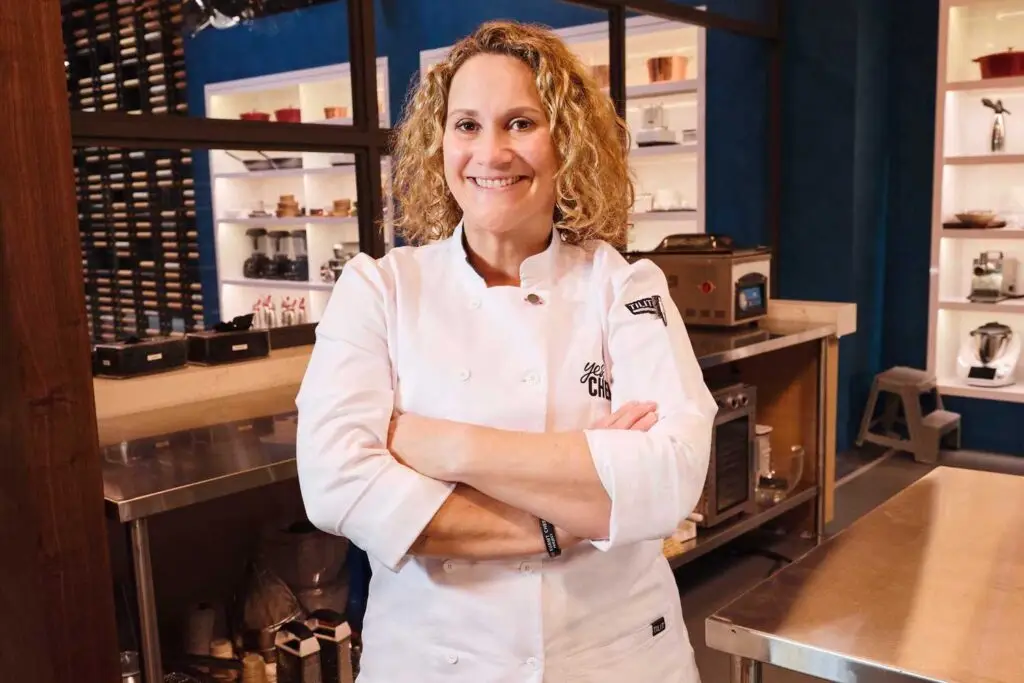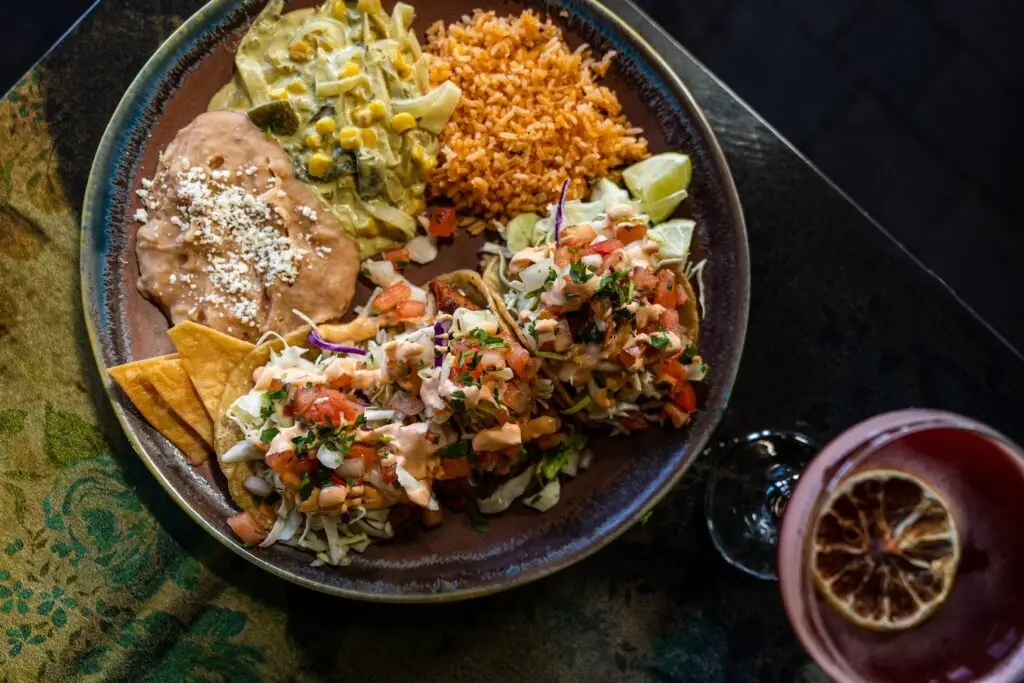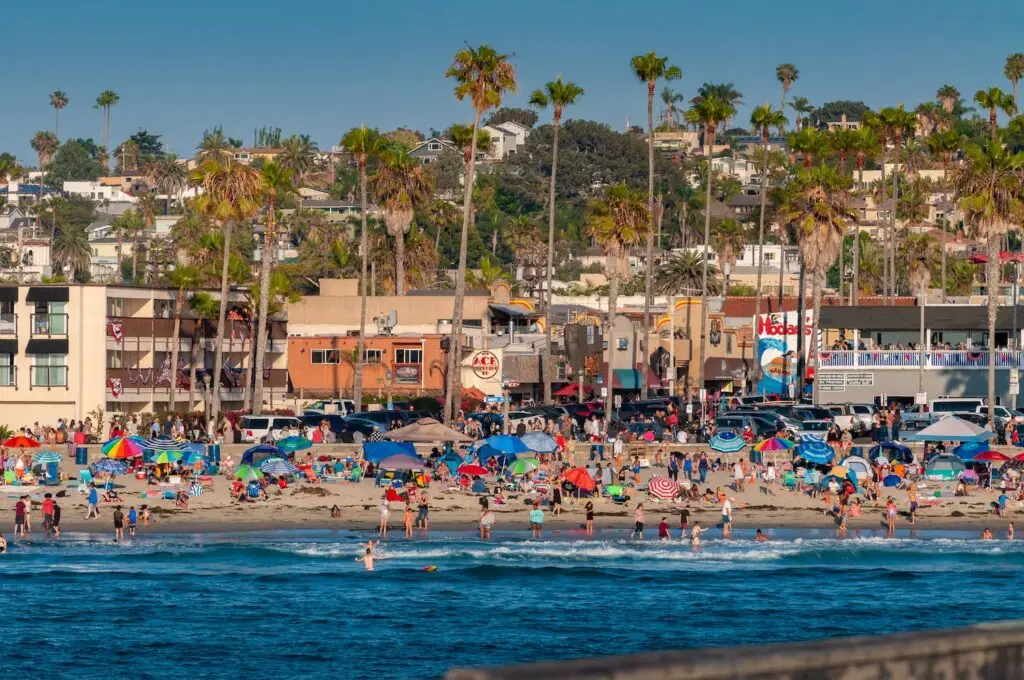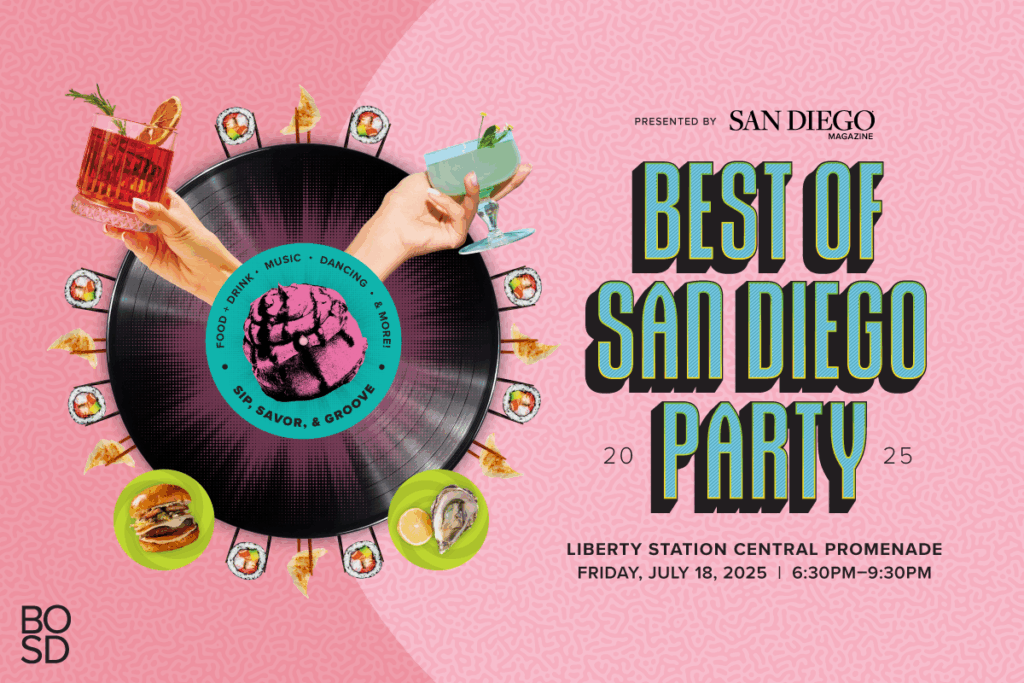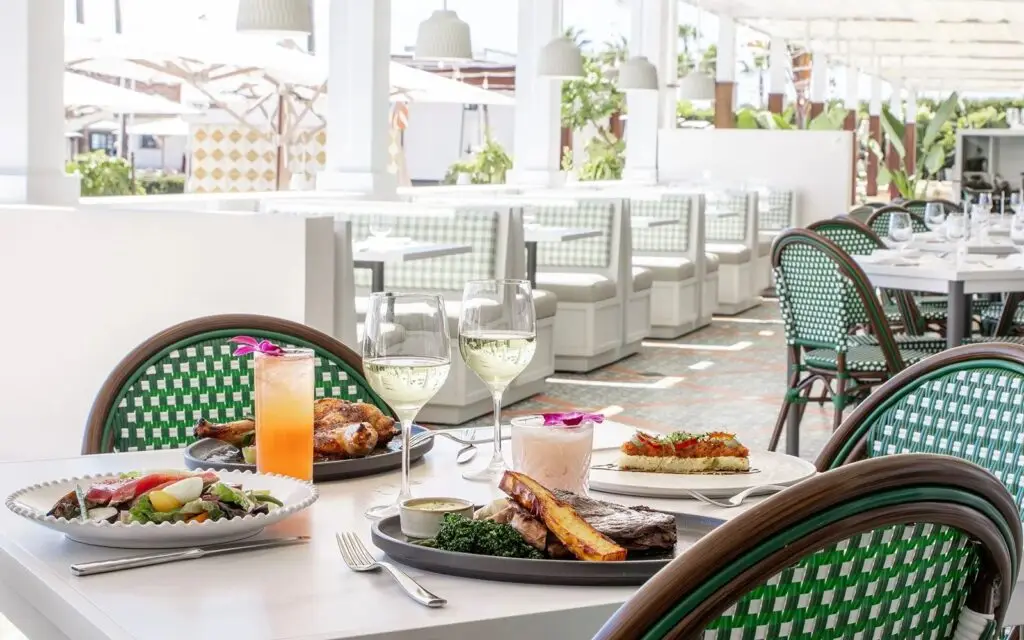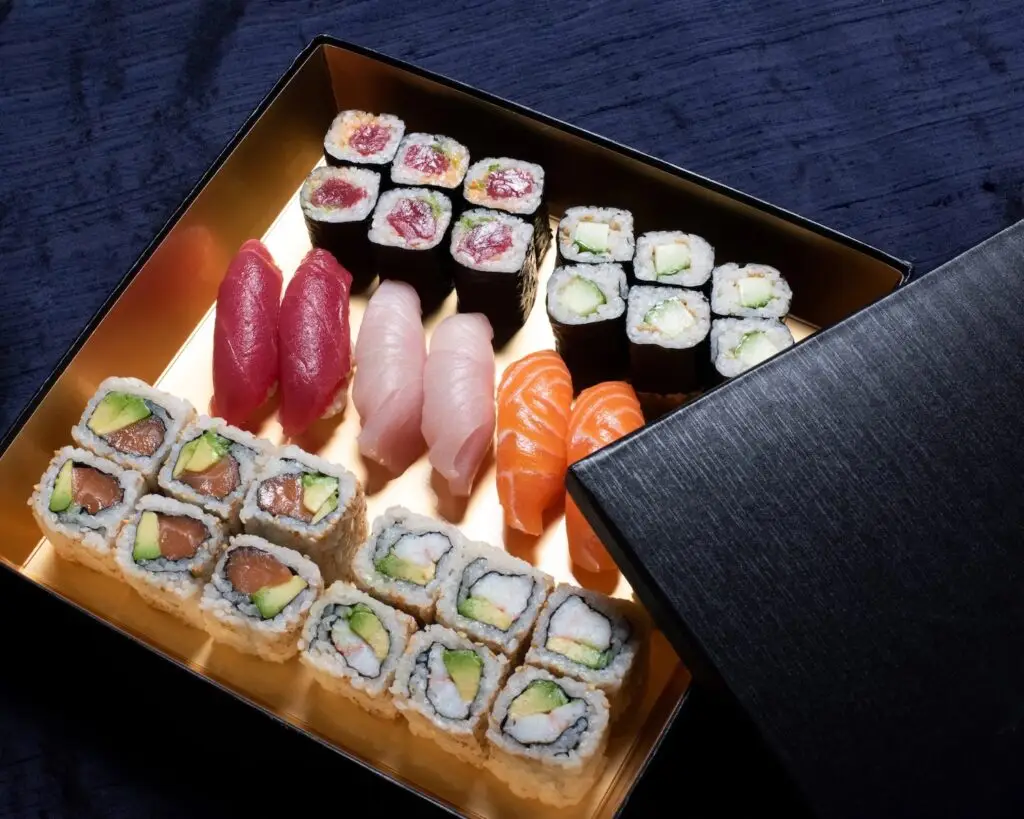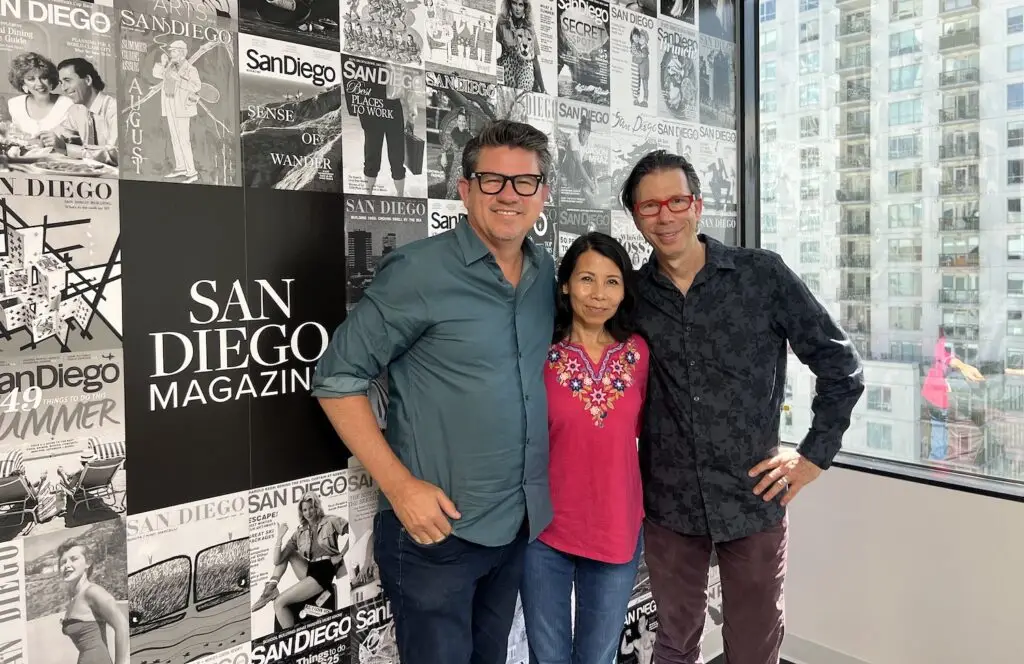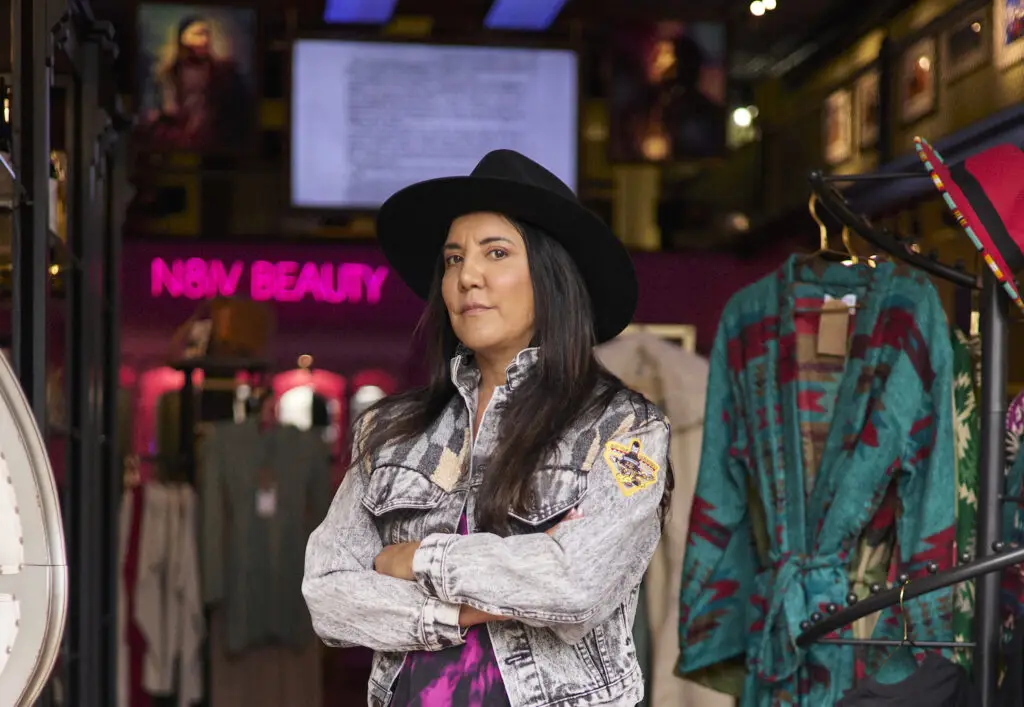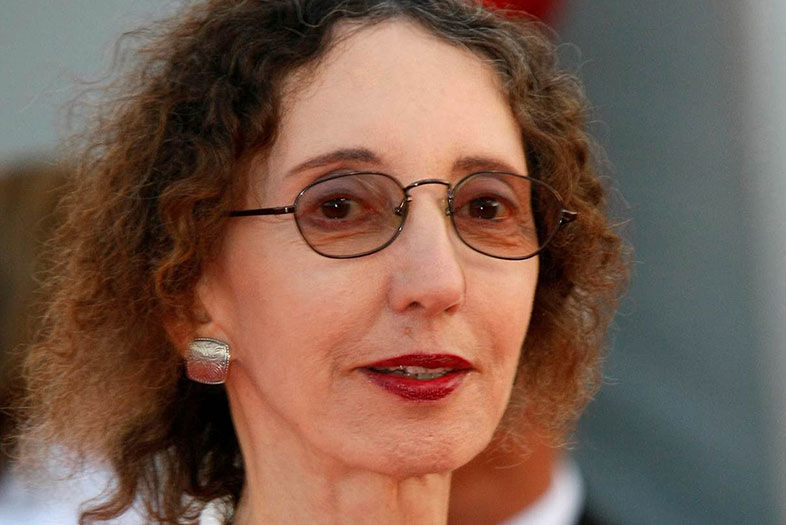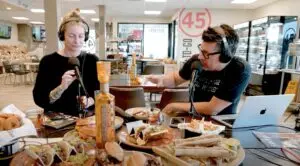You’d think that when Joyce Carol Oates is asked to fill out forms and list her occupation, she’d say “writer.” She’s written more than 100 books in practically every genre and style—mysteries, memoirs, short story collections, scary mysteries, Gothic scary novels, children’s books, poems, and REALLY REALLY disturbing novels. Instead, she lists “teacher.”
She has been teaching in the creative writing program at Princeton University since 1978, and now, at 76, she is retiring. Sort of. This semester she is teaching at Stanford University. And she’ll teach at least one writing course at Princeton in the fall.
On February 26, she’ll be the keynote at the annual Writer’s Symposium By The Sea at Point Loma Nazarene University, just in time to celebrate the release of her most recent book, The Sacrifice (January 2015).
We asked Oates a few questions about writing, her characters, and Twitter.
SDM: Your new book, The Sacrifice, deals with themes such as power, secrets, sexual violence, racism, and stereotypes. Those are themes we also see in the news every day. Do you get some of your ideas from current events?
JCO: The genesis for this particular novel dates from long ago—July 1967—when my husband and I were living in Detroit, Michigan, at the time of the “riot”—a riot provoked by ongoing police harassment and brutality directed against inhabitants of the inner city. Following this, I wrote a novel titled them—which was published in 1969—but which had not been informed by the research and historical documents that became available in subsequent years. And so, The Sacrifice is an entirely different work, set in a different, racially troubled American city; but it is related to the earlier novel in many ways.
SDM: Where else do your book ideas come from?
JCO: Ideas for fiction come from all sources. Writing is like a rushing river into which many smaller streams and tributaries flow.
SDM: The characters in your stories are psychologically complex. Why are you drawn to those kinds of characters?
JCO: I believe that human beings are complex. We are mysteries to ourselves and others. I don’t believe in simplifying and reducing reality to stereotypes.
SDM: You will be teaching on the West Coast this year. What are some of the differences you anticipate in teaching out here as opposed to Princeton?
JCO: I taught creative writing to undergraduates at UC Berkeley in the spring of 2013. Writing students are the same virtually everywhere, but my Berkeley students were, on the whole, a little older than my typical Princeton undergraduates. When I teach at Stanford, I will have undergraduates who probably resemble Princeton students.
SDM: You are one of the few writers who say they love to write. Most writers talk about how hard it is. Why do you think it comes more easily to you?
JCO: I love reading, and writing is a reaction to reading. Working with the English language is a joy.
SDM: When did you realize you were “a writer?”
JCO: I’ve always thought of myself as a teacher. I am hesitant to call myself a writer—still less a “poet.”
SDM: What authors do you find yourself returning to over and over?
JCO: Emily Dickinson, James Joyce, Kafka, Dostoyevsky; more recently the diaries of Virginia Woolf (which I much prefer to her novels).
SDM: Do you have a favorite book you’ve written? If so, why that one?
JCO: I am emotionally close to all my novels. But The Sacrifice feels especially close to my heart because I identify so intensely with some of the characters—in fact, with most of them, including, perhaps surprisingly, certain of the male characters.
SDM: You seem to enjoy Twitter. Do you find it restrictive, since most of your work is considerably longer than 140 characters?
JCO: Twitter is not really related to “writing.” It’s a form of communication that links together like-minded individuals.
SDM: Have you ever been to San Diego?
JCO: No. But I am looking forward to it.
SDM: You also are a runner. Will you be hitting any of the trails while you’re here?
JCO: I don’t run as much as I used to, but I do love to run! Your area is a particularly beautiful part of California I hope to explore as much as I can.
Others appearing at the Writers Symposium By The Sea are Lysley Tenorio, author of Monstress, this year’s One Book One San Diego selection; and filmmaker Destin Daniel Cretton (alum of PLNU and SDSU), whose film Short Term 12 won the Sundance Jury Prize, and who is writing and directing Jeannette Walls’ memoir, The Glass Castle. More information is at www.pointloma.edu/writers.
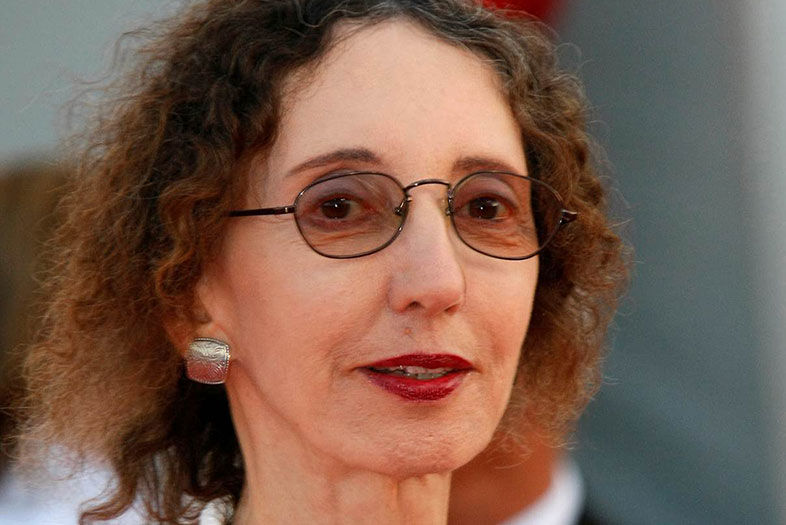
Q&A: Joyce Carol Oates
Photo by Michel Spingler
